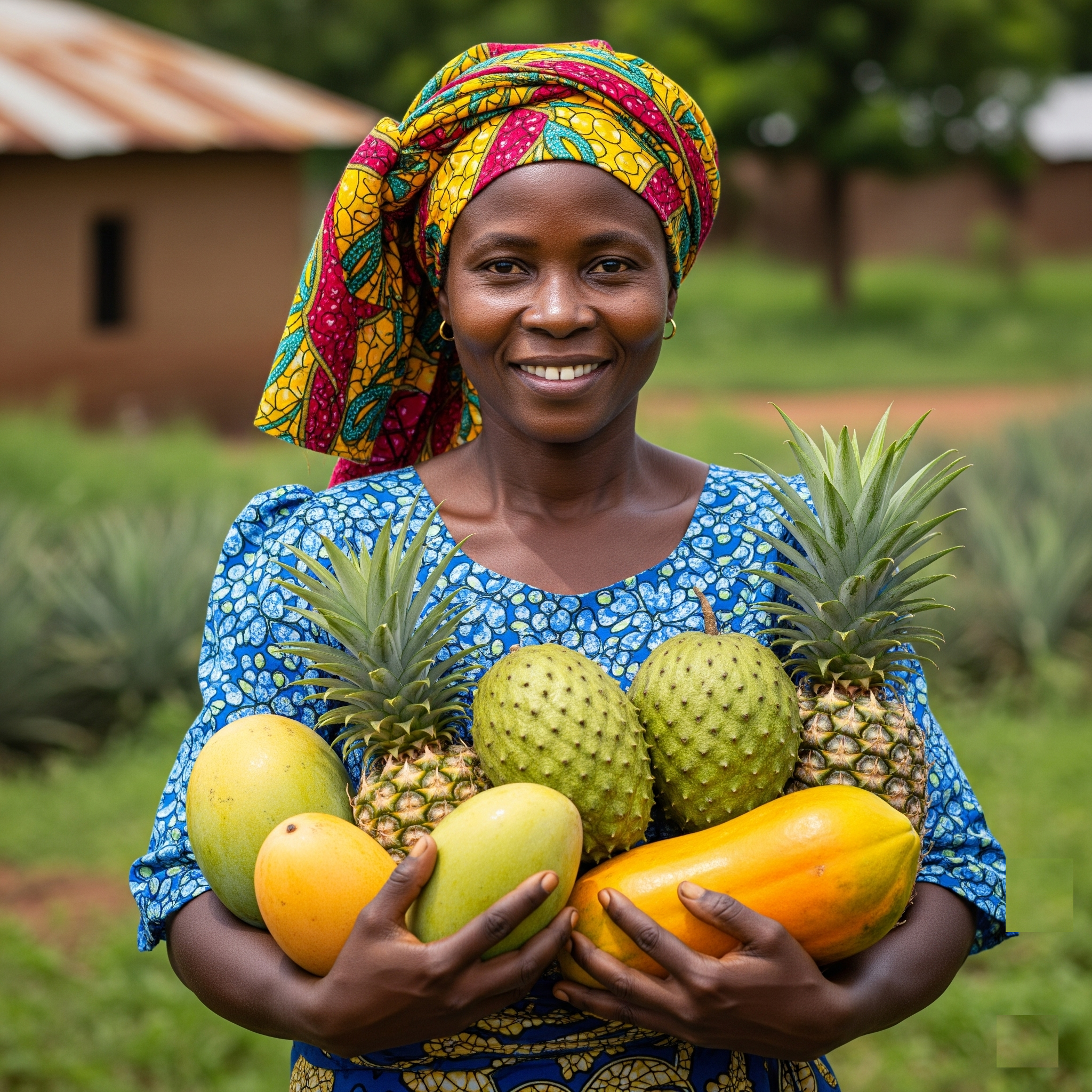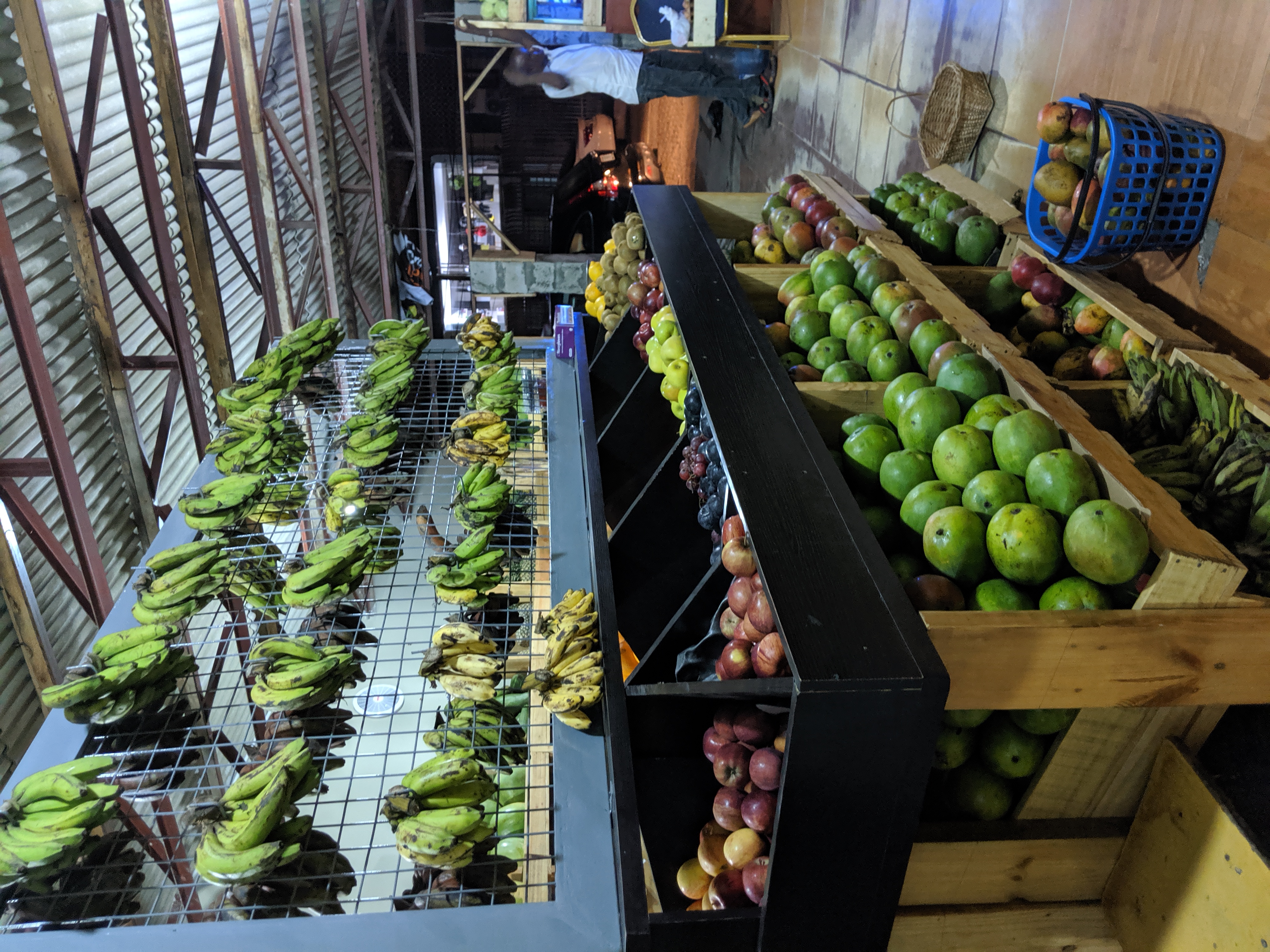
Building Climate Resilience from the Ground Up
Climate change poses a profound threat to agriculture globally, and its impact is felt most acutely by the smallholder farmers of Africa. We're implementing a multi-pronged strategy to build resilience from the ground up.
Water Conservation Systems
Drought-Tolerant Crops
Insurance & Support
The Climate Challenge
Climate change impacts are felt most acutely by the smallholder farmers of Africa, who are among the world's most vulnerable communities. Their livelihoods, food security, and overall well-being are significantly disrupted.
Erratic Rainfall
Unpredictable water supply disrupts planting and harvesting cycles
Rising Temperatures
Increased heat stress reduces crop yields and quality
Prolonged Droughts
Extended dry periods lead to crop failure and livestock loss
Extreme Weather
Floods and storms destroy crops and farming infrastructure
Urgent Need for Action
As the intensity of these climate-related challenges continues to grow, the need for proactive, intelligent, and sustainable agricultural systems has never been more urgent. At Ubuntu Farms, we recognize our critical role in building resilience.
of African farmers affected
yield reduction potential
critical adaptation deadline
Climate-Smart Agricultural Practices
Our approach begins with comprehensive training and education on climate-smart agricultural practices that help restore degraded soils, improve water retention, and minimize greenhouse gas emissions.
Conservation Agriculture
Minimum tillage, cover crops, and crop rotation to improve soil health and water retention.
Agroforestry Systems
Integrating trees with crops to create resilient and productive farming systems.
Integrated Soil Fertility
Combining organic and inorganic inputs to maintain soil fertility sustainably.
Smart Irrigation
Drip irrigation and water-efficient technologies to optimize water usage.
Weather Forecasting
Mobile weather-forecasting tools for informed decision-making.
Farmer Education
Comprehensive training workshops on climate-smart agricultural practices.
Measurable Environmental Impact
These educational foundations are complemented by facilitating access to climate-resilient inputs and technologies, ensuring farmers can withstand higher temperatures and drought conditions.
Emission Reduction
Water Efficiency
Soil Health Improvement
Yield Increase
Building Community Resilience
Recognizing that adaptation requires investment, we work to bridge financial gaps and develop climate-smart value chains that create premium market opportunities for smallholders who adopt sustainable practices.
Financial Support
Collaborating with financial institutions to expand access to low-interest credit lines and risk-mitigation products.
Crop Insurance
Index-based crop insurance schemes that protect farmers against revenue losses from extreme weather events.
Reforestation Programs
Community-based reforestation drives and watershed management projects that rebuild natural ecosystems.
Policy Advocacy
Advocating for government policies that mainstream climate adaptation into national agricultural planning.

Community Program
Building Resilience
Climate-Smart Value Chains
We are actively developing climate-smart value chains, integrating resilience criteria into our supply contracts from seed selection all the way to processing, creating premium market opportunities for sustainable farmers.
Based Adaptation
Sequestration
Mitigation
Markets